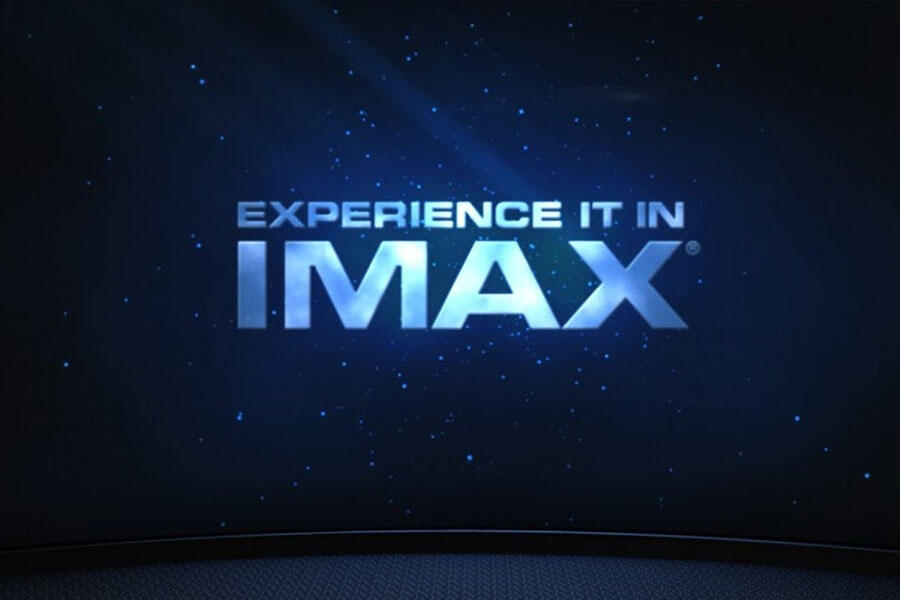
Nowadays, we're accustomed to seeing blockbuster movies opening weekly at IMAX theaters across the country. If you're of a certain age, though, you might remember when the only movies showed at IMAX theaters were nature documentaries. Starting in 1971, the company designed and built theaters mostly in museums and science centers and showed only movies it produced.
In the 1990s, however, IMAX decided to build theaters in multiplexes and, needing more content to fill the daily programming requirements, developed a new technology to make it easier to remaster standard-sized movies into giant-screen attractions. Apollo 13 (1995) was the first film enhanced with this tech, and the enthusiastic reception from audiences paved the way for wide acceptance by viewers and filmmakers alike.
Yet there remain gaps in the type of big, blockbuster films available for programming at IMAX theaters, so the company has decided to return to making its own movies to supplement what Hollywood produces every year, as reported by The Wrap. Noting that "no blockbuster movies [were] released in August," IMAX exec Greg Foster said, "We want to provide the very best premium entertainment 52 weeks a year, and if creating it ourselves is the best way to do it, we’re going to be excited about taking that step."
IMAX is currently weighing three options: The first -- developing, producing and distributing its own feature films without partners -- carries the highest risk. The next would involve collaboration with selected partners, possibly filmmakers such as Christopher Nolan, who worked closely with IMAX when making his sci-fi epic Interstellar. "We have had so many talks with filmmakers that have projects that they haven’t been able to get made for one reason or another," Foster said.
The third option would be to experiment further with alternative programming, perhaps licensing nonblockbuster movies or TV shows for screening in IMAX facilities before such programs head to video-on-demand platforms or broadcast television.
Like all theater owners, IMAX has to be aware of maintaining good relationships with Hollywood studios, which are the source of most of its content. Even more important, though, it has to present programming that is attractive to prospective viewers who are willing to spend more money for an enhanced experience. It should be interesting to see what kind of ideas the company comes up with to fill its programming gaps, especially compared to Hollywood's blockbusters.









